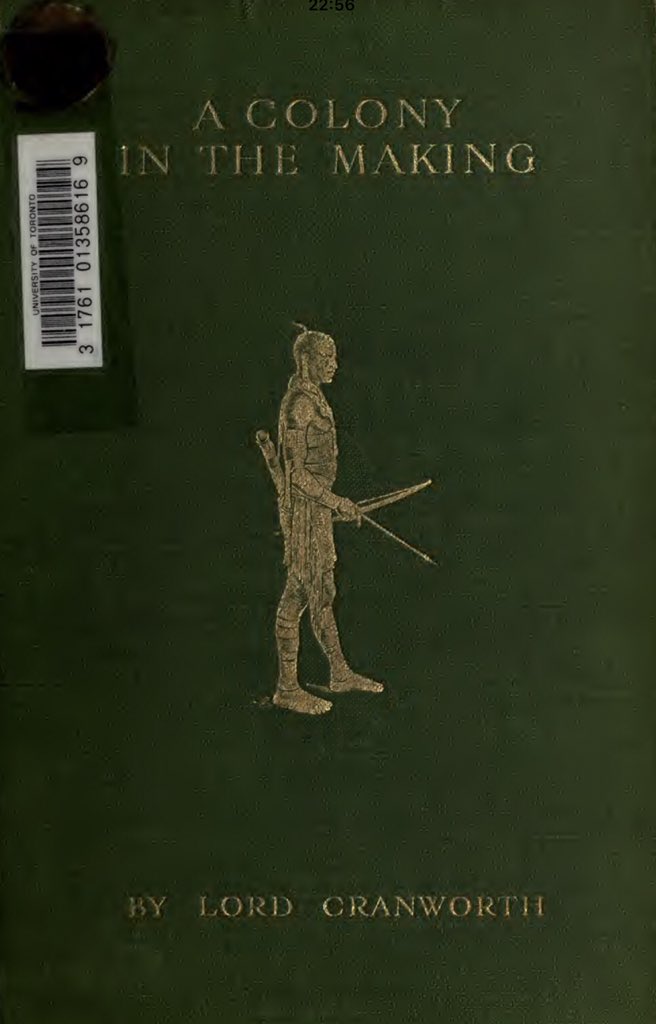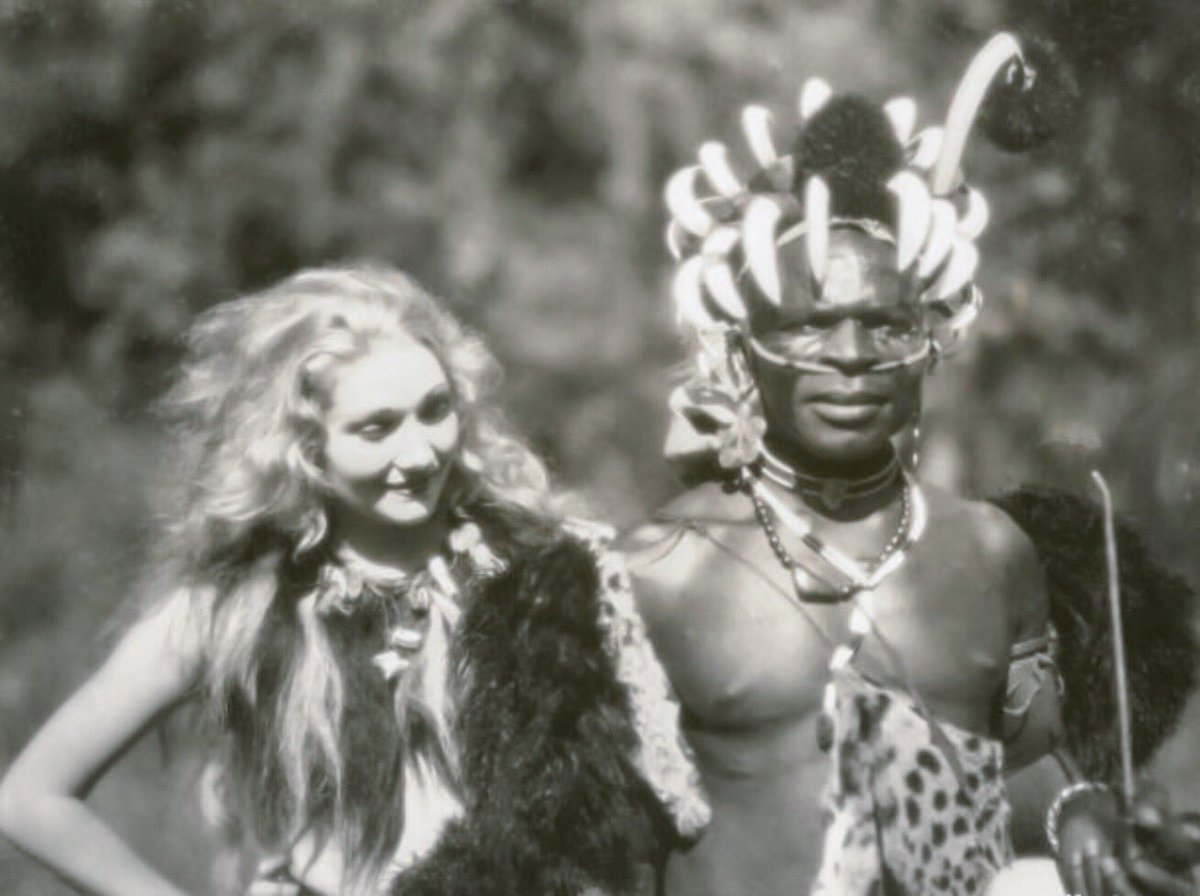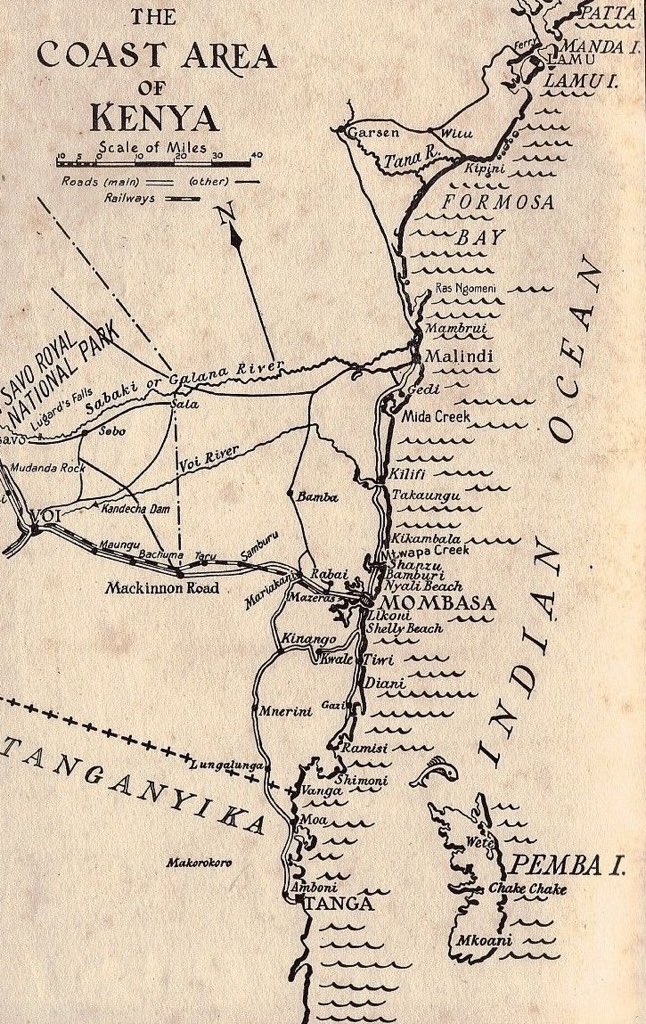The comparisons were made between 1908 and 1912, when the book was published.

In his observed opinion, the lakeside community was made up of hard working men.
It is not surprising to find that both sexes are exceedingly moral and respectable. It may be, true that beauty unadorned is beauty adorned the most, but it is equally true that female beauty...
Excerpts:















